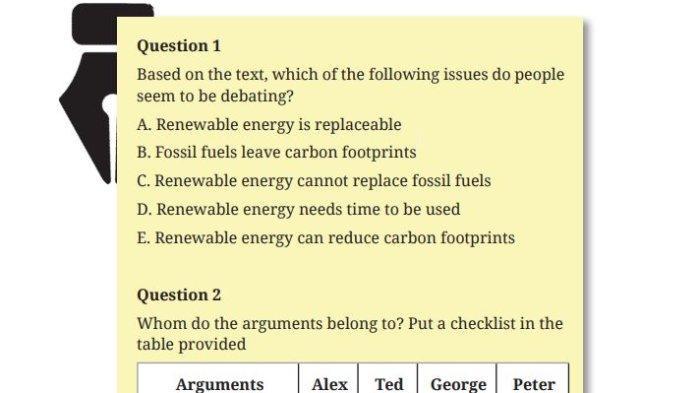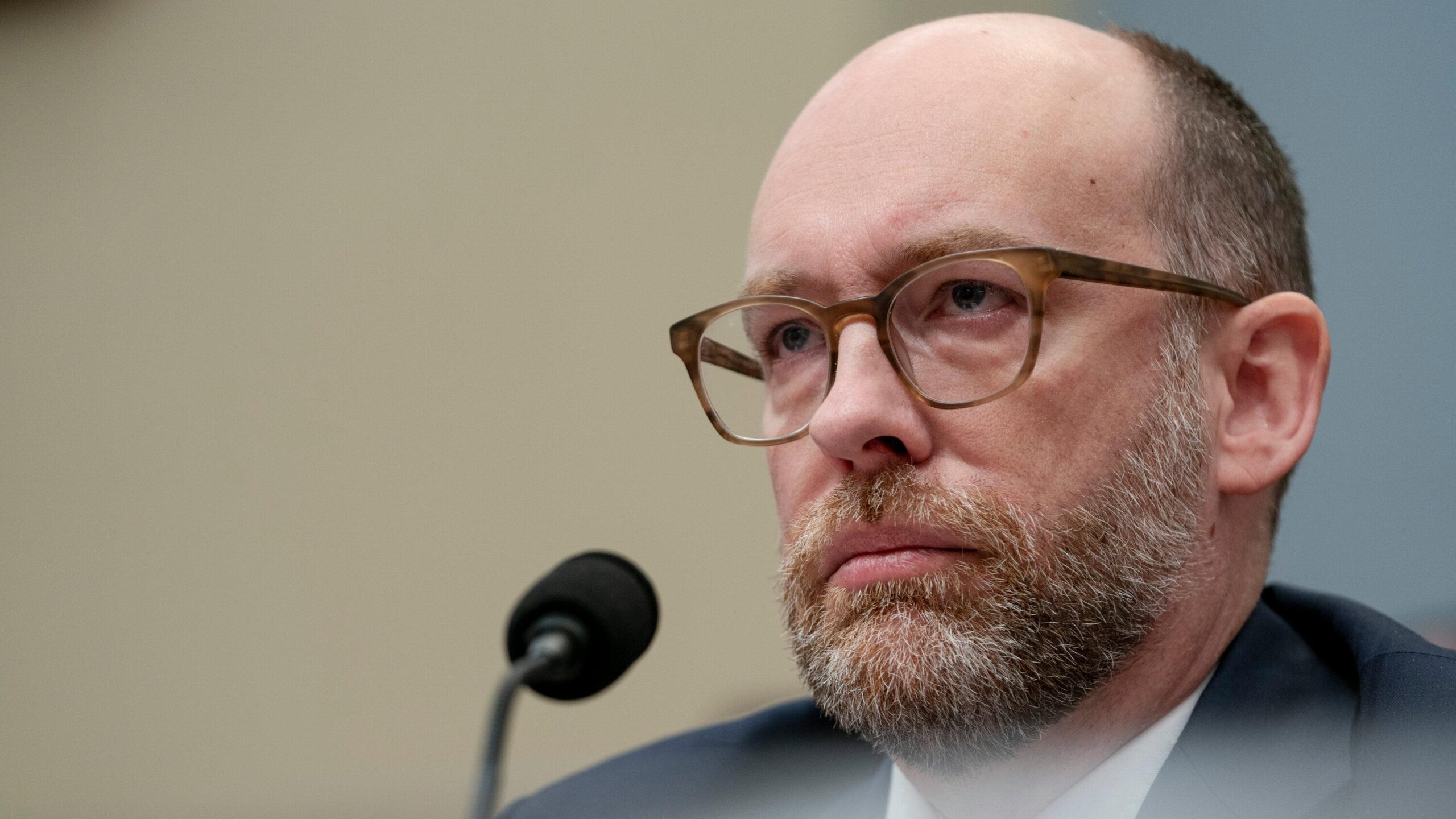In the shadows of the political arena, where power and influence intertwine, a vast and enigmatic network has emerged, its tendrils reaching into the depths of liberal causes. Operating with a cloak of secrecy, this left-wing dark money juggernaut has amassed an astonishing fortune—a staggering $1.3 billion in anonymous donations that fuel its efforts to shape the nation’s destiny. In 2023, as the political landscape trembles with anticipation, this network’s true extent and influence are laid bare, revealing a hidden machinery that has influenced the course of history from behind the curtains.
Unveiling the Left-wing Dark Money Network: A Comprehensive Overview
This non-profit organization has been the largest financier of left-leaning groups with $961 million donated. Other top donors include:
- Sixteen Thirty Fund ($698m)
- Arabella Advisors ($677m)
- Proteus Fund ($650m)
Major Recipients of Dark Money Funding
Beneficiaries of anonymous contributions often align with progressive causes, including:
- Environmental organizations ($485m), promoting regulations and conservation efforts.
- Voting rights groups ($250m), supporting initiatives to expand access and ensure fair elections.
- Racial and gender equality organizations ($170m), advocating for marginalized communities.
- Labor unions ($110m), supporting workers’ rights and collective bargaining.
Tracking the Flow of Anonymous Donations: Impacts on Liberal Causes and the Political Landscape
The surge in anonymous donations: A concerning trend for political transparency
The recent revelation that a left-wing dark money network has raked in a staggering $1.3B in anonymous donations has sent shockwaves through the political landscape and raised serious concerns over the growing influence of undisclosed funds in our electoral system. Without proper oversight and disclosure, such large sums of money can distort the outcome of elections, undermine the public’s trust in our government, and potentially lead to corruption.
The impact of this dark money network is particularly alarming for liberal causes, which rely heavily on grassroots support and small-dollar donations. The influx of massive anonymous contributions threatens to drown out the voices of everyday citizens and stifle dissent. Moreover, it creates an uneven playing field, giving well-funded organizations an unfair advantage in shaping the political agenda.
Bridging the Transparency Gap: Recommendations for Accountability and Disclosure
Igniting Transparency: The revelation of an obscure network garnering immense anonymous funds for liberal activism underscores the urgency for organizations and donors alike to embrace greater accountability and disclosure. Failure to do so hinders public trust and erodes the integrity of civic discourse.
Recommendations for Action: To bridge the transparency gap and restore confidence, concrete actions are imperative:
Legislatively: Enacting comprehensive regulations that mandate timely disclosure of all political contributions, regardless of their source, would shed light on the flow of financial resources in political processes.
Institutionally: Organizations benefiting from anonymous donations should implement rigorous internal policies that promote transparency and ethical behavior, including public disclosure of major donors and independent audits of financial operations.
Ethically: Donors should demand transparency and accountability from organizations seeking their support. By prioritizing ethics over anonymity, they can foster a culture of integrity in political financing.
Individual Responsibility: Citizens and watchdogs have a crucial role in demanding accountability and transparency. Independent scrutiny and investigative journalism are essential for uncovering concealed transactions and incentivizing compliance.
To Wrap It Up
As the political landscape continues to shift and evolve, the influence and impact of dark money networks remain a subject of ongoing scrutiny and debate. The ability of these organizations to channel vast sums of money into the electoral process, often with limited transparency or accountability, raises complex questions about the role of money in politics. As we navigate the complexities of the 21st-century political landscape, the need for transparency, accountability, and thoughtful discourse on these issues becomes paramount.


